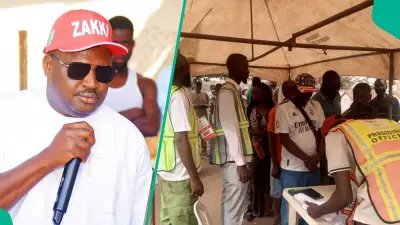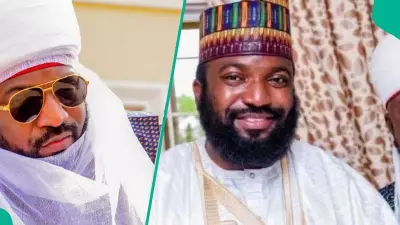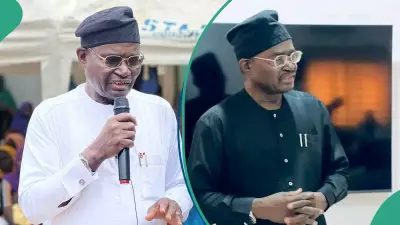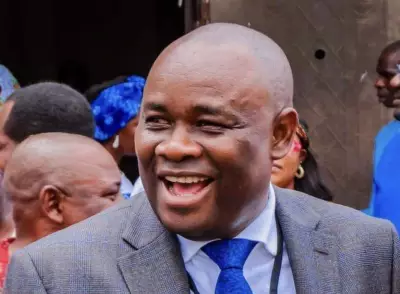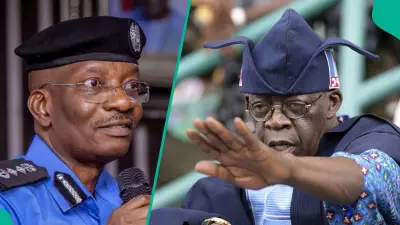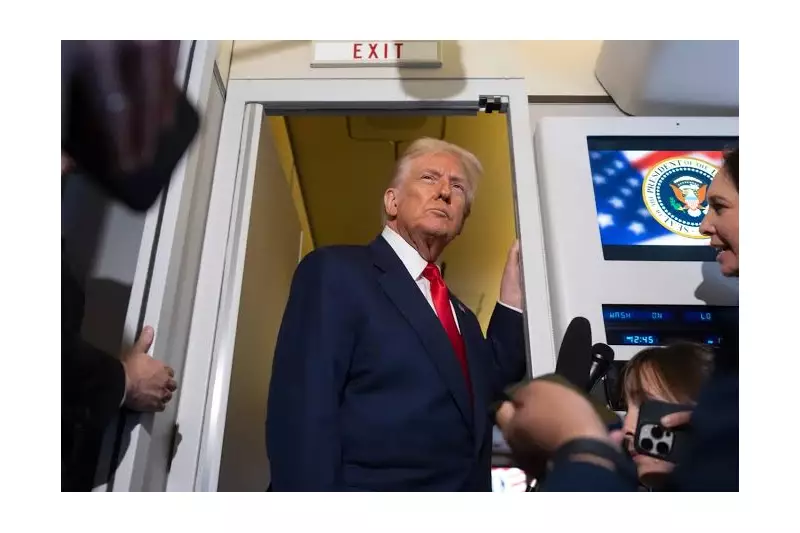
The United States chapter of Nigeria's ruling All Progressives Congress (APC) has issued a strong rebuttal to former President Donald Trump's recent claims about Christian genocide occurring in Nigeria. In an official letter addressed directly to Trump, the diaspora organization condemned what it called "inaccurate and misleading" allegations about religious persecution in the West African nation.
Diaspora Group Defends Nigeria's Religious Harmony
The APC USA chapter expressed deep concern over Trump's characterization of Nigeria's religious landscape, emphasizing that the country maintains peaceful coexistence among its diverse religious communities. The group highlighted that Nigeria's constitution explicitly guarantees freedom of religion and worship for all citizens.
"We find it necessary to correct the narrative that suggests Christians are being systematically targeted or persecuted in Nigeria," the chapter stated in their carefully worded response. They pointed to Nigeria's long-standing tradition of religious tolerance and the interfaith dialogue that regularly occurs between Christian and Muslim leaders across the country.
Fact-Checking the Genocide Claims
The diaspora organization provided context about Nigeria's security challenges, explaining that criminal activities by bandits and insurgents affect citizens regardless of religious affiliation. They stressed that labeling these security issues as religious persecution misrepresents the complex situation on the ground.
The APC USA chapter further noted that the Nigerian government under President Bola Tinubu has implemented numerous measures to protect all citizens and ensure religious freedom remains intact. They cited ongoing security operations and interfaith initiatives as evidence of the government's commitment to religious harmony.
Call for Accurate Representation
In their communication to Trump, the group appealed for more nuanced understanding of Nigeria's religious dynamics, urging international figures to base their assessments on verified information rather than sweeping generalizations. They emphasized the importance of accurate representation in maintaining strong diplomatic relations between Nigeria and the United States.
The chapter concluded by inviting Trump and other international observers to engage directly with Nigerian religious and community leaders to gain better insight into the country's interfaith relations and security situation.


